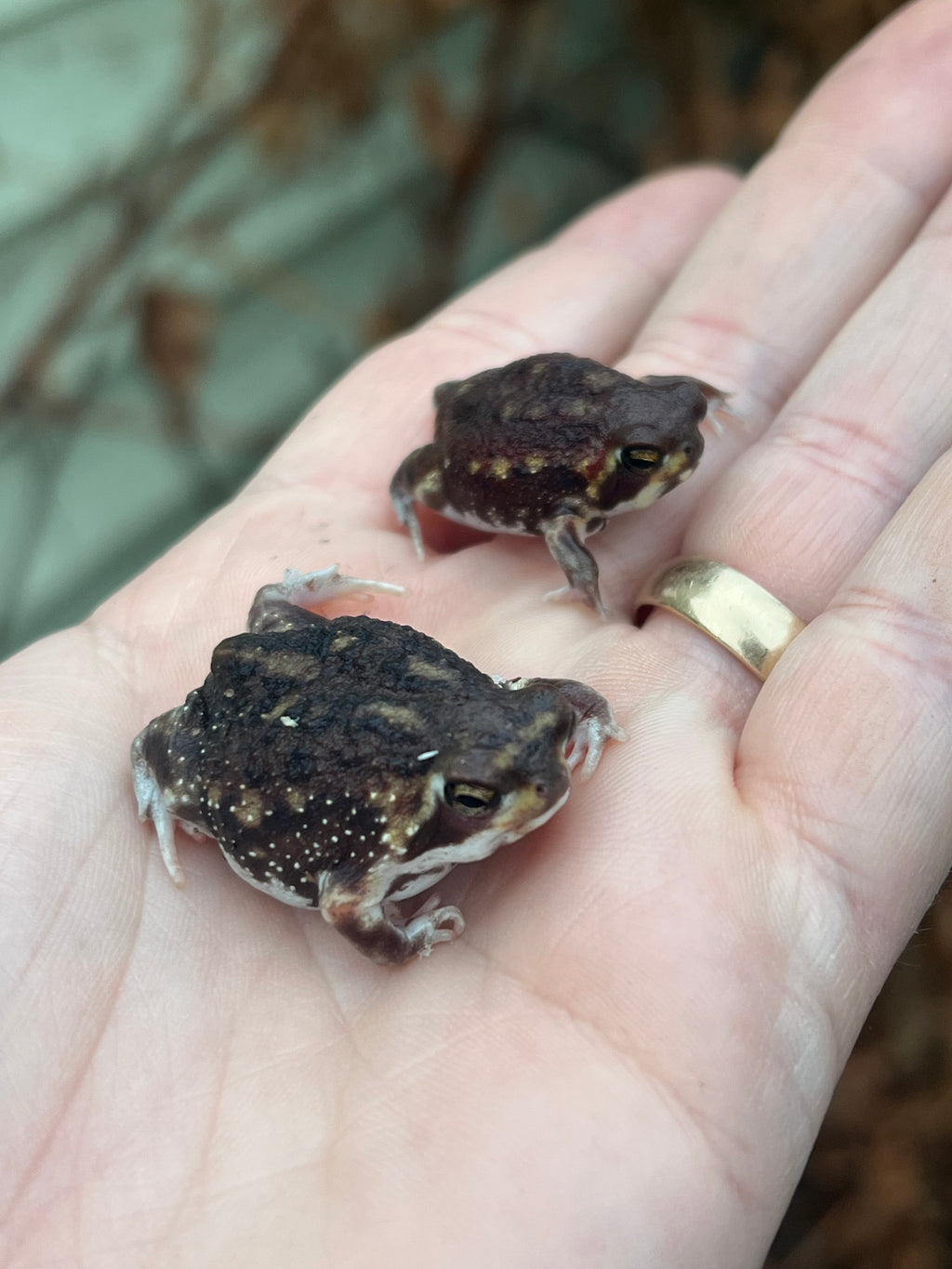Common Health Issues in Reptiles: Symptoms and Solutions
In the elaborate world of reptile care, recognizing the usual wellness concerns that may impact these special creatures is critical in ensuring their health. From respiratory system infections that can calmly hold to metabolic bone diseases that can disable, reptiles are prone to a series of ailments that call for eager observation and prompt treatment. Whether it's coming to grips with parasitic infestations, navigating dehydration problems, or resolving skin conditions that manifest in refined methods, being attuned to the signs and symptoms and equipped with the understanding of efficient solutions is essential for any kind of reptile owner. By delving additionally into the subtleties of these health and wellness issues and discovering the functional remedies readily available, one can secure the health and vigor of these fascinating pets.
Breathing Infections
Breathing infections in reptiles can considerably affect their general health and require prompt attention from experienced vets. In reptiles, respiratory system infections can be especially challenging to detect and deal with due to their special anatomy and physiology.
Treatment for respiratory system infections in reptiles commonly includes a combination of encouraging treatment, such as maintaining correct moisture levels and temperature level gradients in the unit, in addition to targeted medicine to address the details microorganism in charge of the infection. It is critical for reptile owners to monitor their family pets carefully for any kind of indications of respiratory distress and look for vet care at the earliest sign of an issue. With prompt intervention and proper treatment, lots of reptiles can recuperate totally from respiratory infections and return to normal activities.

Metabolic Bone Disease
What variables contribute to the advancement of Metabolic Bone Condition in reptiles?
Metabolic Bone Illness (MBD) in reptiles is mostly created by an absence of appropriate calcium, phosphorus, and vitamin D3 degrees in their diet plan. Furthermore, insufficient direct exposure to UVB light stops reptiles from manufacturing vitamin D3, which is vital for calcium absorption and bone wellness.
Not enough humidity degrees can also influence a reptile's capability to metabolize calcium effectively. Normal veterinary exams, appropriate husbandry practices, and a well balanced diet are crucial to stop Metabolic Bone Disease in reptiles.
Parasitical Infestations
Parasitical infestations pose a substantial health and wellness risk to reptiles, impacting their total wellness and calling for timely vet attention. Reptiles can be impacted by numerous parasites, including termites, ticks, inner worms, and protozoa. These parasites can create a variety of signs, such as weight management, lethargy, skin inflammation, looseness of the bowels, and also death if left untreated.
One usual parasite discovered in reptiles is the mite, which can create skin anxiety, anemia, and irritability. Ticks are another exterior bloodsucker that can send diseases and cause pain to the reptile. Inner bloodsuckers like worms and protozoa can bring about digestive problems, poor nutrition, and deteriorate the reptile's body immune system.
To detect a parasitical problem, a veterinarian may perform fecal tests, skin scrapings, or blood YOURURL.com tests. Treatment typically includes deworming medicines, antiparasitic baths, or in serious situations, hospitalization. Preventative steps such as routine veterinary check-ups, proper hygiene, and quarantine treatments for new reptiles can aid minimize the threat of parasitical problems and make certain the health of reptile pet dogs.
Dehydration and Hydration Issues
Dehydration in reptiles can significantly influence their health and wellness and health, demanding timely treatment and ideal hydration monitoring. Reptiles are susceptible to dehydration because of various factors such as poor water consumption, high environmental temperatures, and particular health and wellness conditions. Symptoms of dehydration in reptiles consist of sunken eyes, lethargy, loss of skin elasticity, and minimized urination. If left neglected, dehydration can lead to significant wellness problems and also be fatal to the reptile.
To stop dehydration, reptile owners should make sure that their pets have accessibility to clean water in all times. The water dish need to be large sufficient for the reptile to soak in if needed, specifically for species that soak up water through their skin. In addition, preserving appropriate humidity levels in the reptile's unit and offering routine bathrooms can help stop dehydration.
In instances of dehydration, it is important to look for veterinary treatment promptly. A veterinarian might carry out fluids either orally or with shots to rehydrate the reptile. It is important to deal with the underlying reason of dehydration to avoid recurrence and make sure the reptile's total well-being.
Skin Conditions

Conclusion

Breathing infections in reptiles can substantially affect their overall health and wellness and require punctual interest from experienced vets (rain frog for sale). Preventative measures such as routine veterinary examinations, proper health, and quarantine procedures for brand-new reptiles can assist minimize the danger of parasitical invasions and make certain the well-being of reptile pet dogs
If left unattended, dehydration can lead to major wellness issues and even be deadly to the reptile.
On a regular basis inspecting your reptile for any type of changes in skin structure, shade, or appearance can assist in very early detection and treatment of skin disorders, advertising the overall health and wellness and wellness of your flaky friend. - rain frog for sale
In conclusion, reptiles are susceptible to different wellness issues such as respiratory system infections, metabolic bone condition, parasitic invasions, dehydration, and skin conditions.
Comments on “Seeking Rain Frog for Sale? Discover Your Suitable Amphibian Buddy Below!”